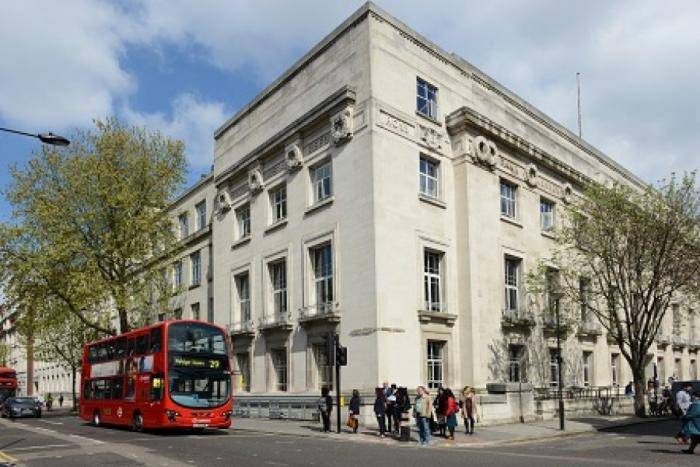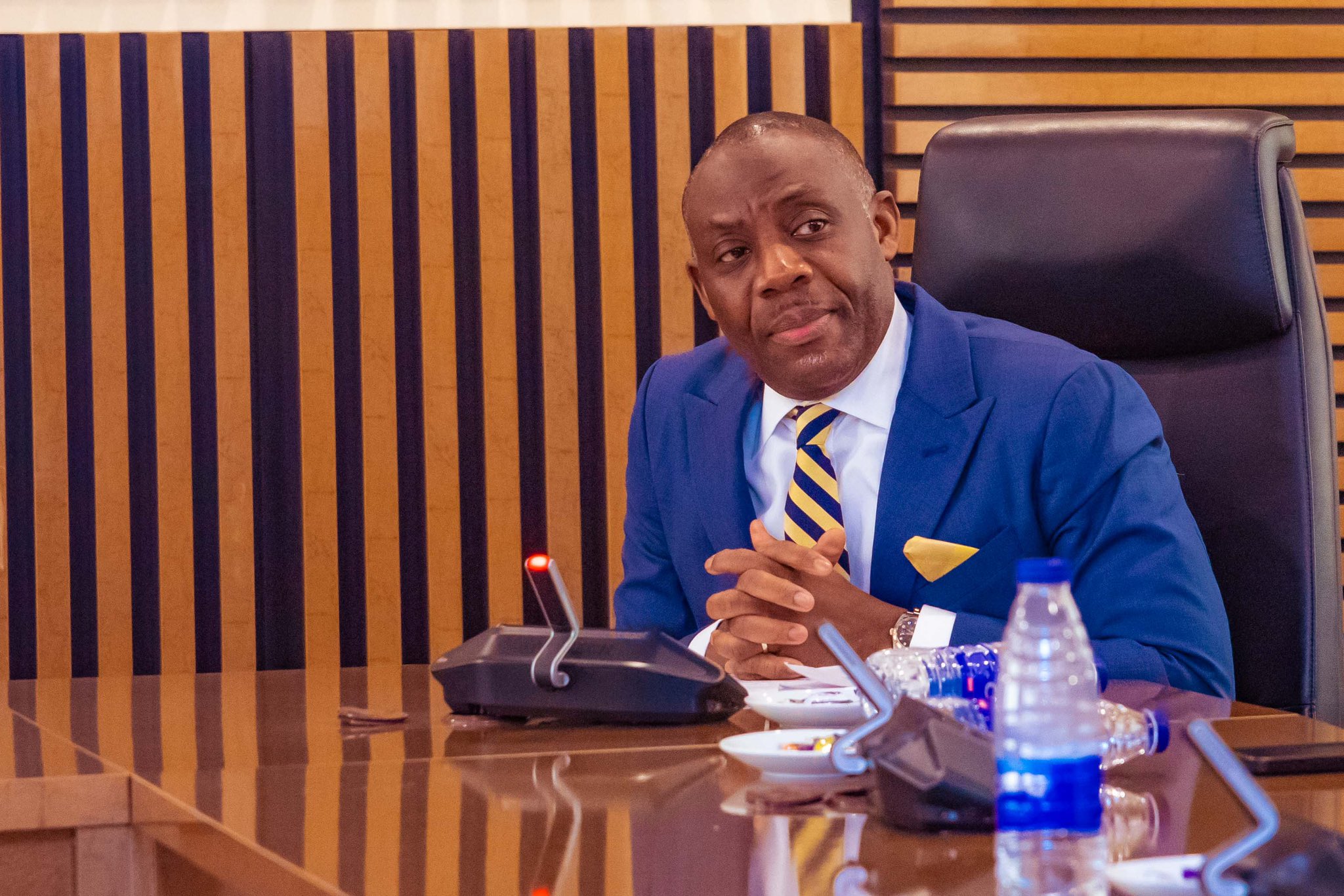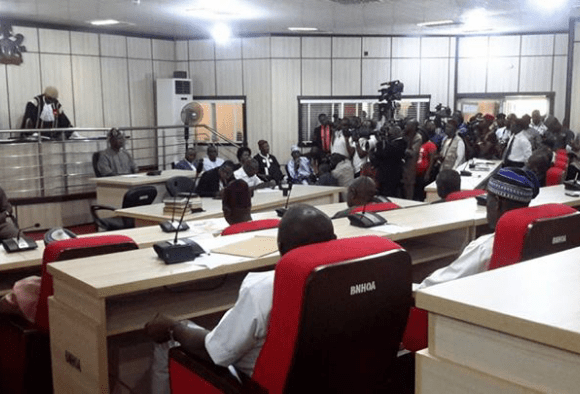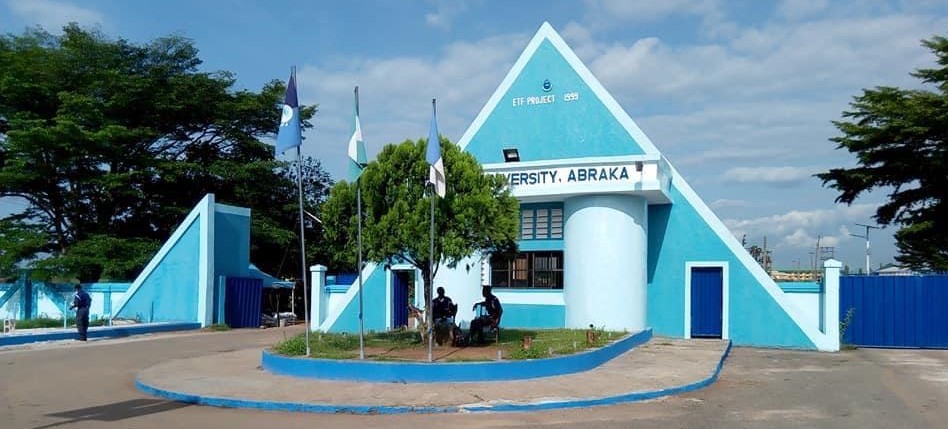UK Mayor offers strategies to boost Nigeria’s education quality


OKADA (Sundiata Scholar) – Edo Ms Abigail Katung, Lord Mayor of Leeds City, United Kingdom, has advocated a multidimensional strategy to boost the dwindling quality of education in Nigeria.
Katung made the call on Tuesday while delivering the 22nd Convocation Lecture of the Igbinedion University, Okada in Edo.
reports that the lecture was titled, “Education for National Impact.”
The United Kingdom Mayor underscored the need for quality education in Nigeria, citing systemic challenges such as inadequate funding and outdated curriculum as factors hindering its development.
The Nigerian-British politician advocated UNESCO-recommended budgetary provisions, transparency, and effective resource utilisation as strategies to boost the education quality.
“Education has been and remains the most effective tool for societal transformation.
“Nigeria with a youthful population needs education to lift individuals out of poverty and to empower the marginalised communities.
“Therefore, access to education should not be determined by gender, class or geography,” she said.
To reduce unemployment, Katung canvassed for a review of the curriculum to emphasise Science, Technology, Engineering, Arts and Mathematics (STEAM) as well as entrepreneurship and skills acquisition.
She called for the infusion of e-learning, investment in tertiary education, and research on national needs.
According to him, there is a need to encourage public-private partnership and collaborations with traditional and religious leaders to promote quality education.
The convocation lecturer charged the graduands to see academic success as a responsibility, rather than a personal feat.
She urged them to follow their dreams and see failure as a phenomenon to learn from in life.
Earlier, Prof. Lawrence Ezemonye, Vice-Chancelleor of the university, said a total of 856 students graduated for the 2023/2024 academic session.
The graduates, according to him, comprise 718 undergraduate and 138 postgraduate students from the university’s seven colleges.
He said the graduates included 45 first-class degree holders, 288 second-class upper, and 225 second-class lower degree holders.
He said 160 students graduated with unclassified degrees in Medicine and Surgery, and Pharmacy.
Ezemonye charged the graduands to use the tools and knowledge acquired during their time at the university to create a world that reflected the values of the university. (NAN)










